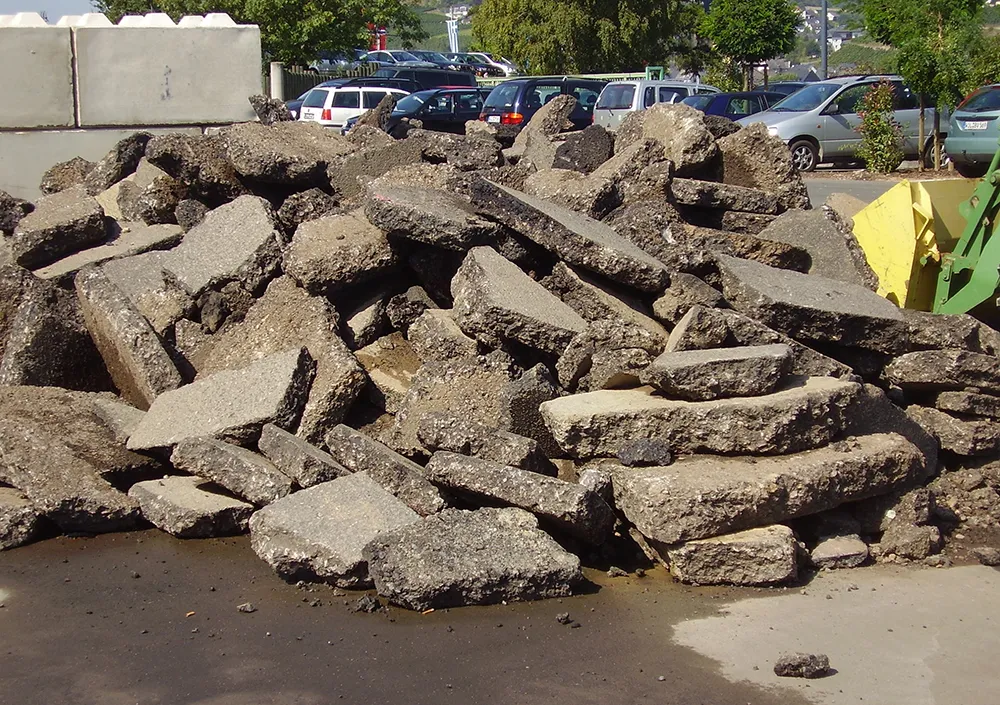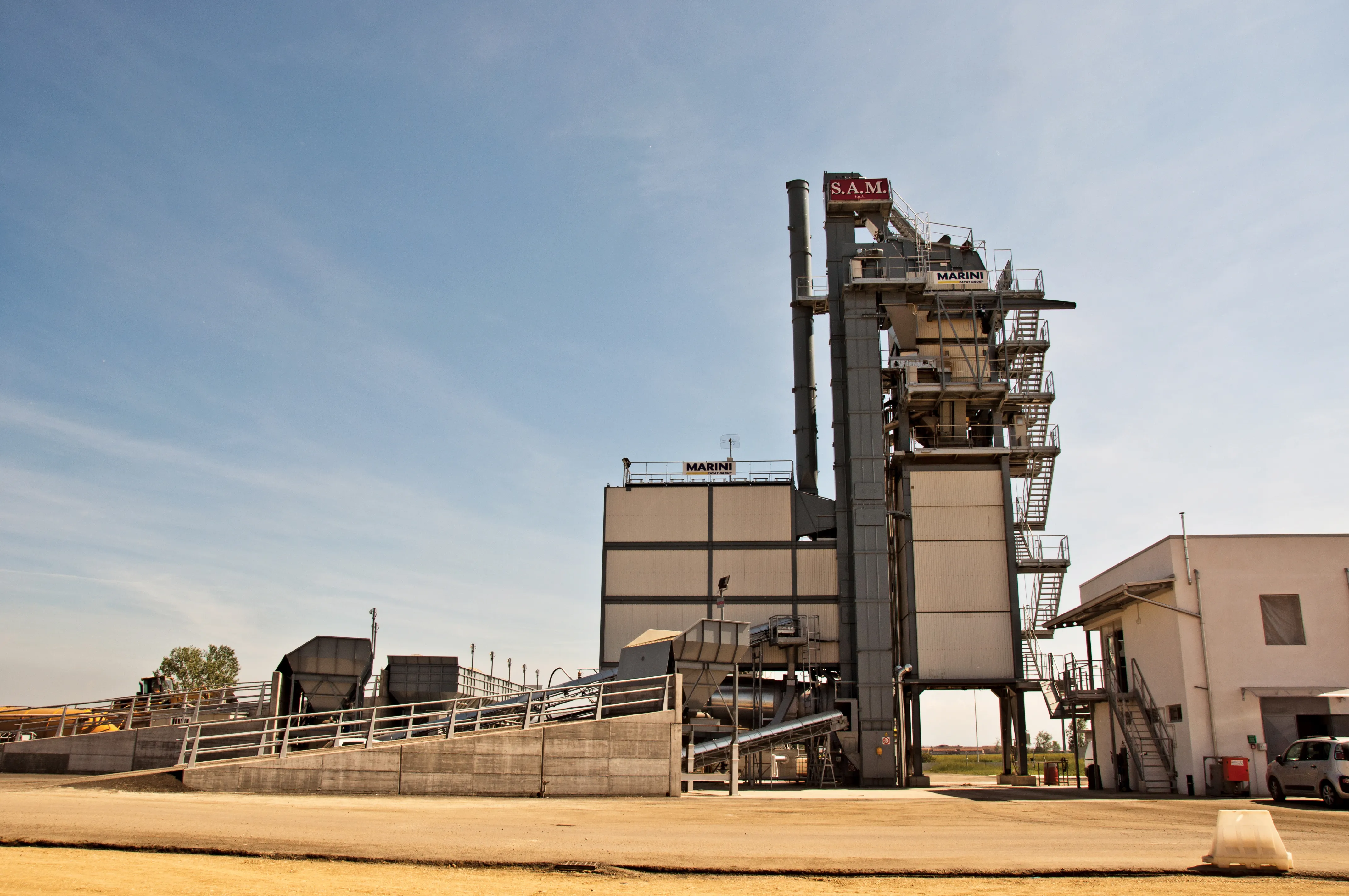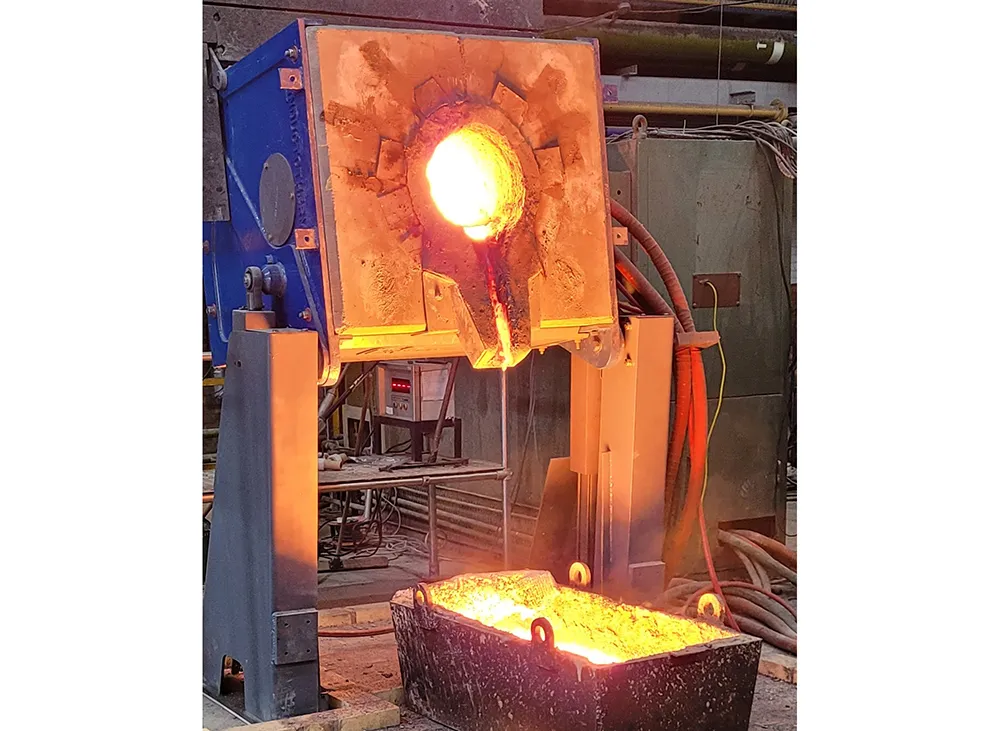
NAPA’s 12th industry survey examining the use of recycled materials and warm-mix asphalt (WMA) in paving reveals that 95% of RAP is reused in new pavement. The average percentage of RAP used in mixtures increased to nearly 22% in 2021, compared with 15.6% in 2009, the first year of the survey.
The survey, which also evaluates greenhouse gas (GHG) emissions, found that annual RAP usage saved 2.6 million tonnes of CO2e—the equivalent of removing 570,000 passenger vehicles from the road.
According to the Asphalt Pavement Industry Survey on Recycled Materials and Warm-Mix Asphalt Usage: 2021, producers used 85.3 million tonnes of RAP in asphalt production in 2021, conserving 4,134 million litres of asphalt binder while replacing in excess of 80.3 million tonnes of virgin aggregate. When combined with the savings realised through the use of 613,360tonnes of reclaimed asphalt shingles (RAS), the study estimates that producers saved more than $3.5 billion while freeing up nearly 48.66 million m3 of landfill space.
“The latest Asphalt Pavement Industry Survey on Recycled Materials and Warm-Mix Asphalt Usage has new data, but a familiar conclusion: Our industry takes sustainability seriously,” said NAPA Chairman of the Board James Mitchell, CEO of Superior Paving Corp. “Quantifying our impact in this way began in 2009 through partnership with the Federal Highway Administration (FHWA) and each year it reveals that the asphalt pavement industry is a leader in connecting the country while keeping waste out of landfills.”
Using data from 261 companies, the survey also tracks usage of another 1.173 million tonnes of other recycled materials incorporated into nearly 8.3 million tonnes of asphalt pavement mixtures, including recycled tyre rubber (RTR), blast furnace slag, steel slag, and cellulose fibres.
In addition to RAP and RAS, the survey documents usage of warm-mix asphalt (WMA), a technique used to produce 177.9 million tons of mix, or roughly 41 percent of the total estimated asphalt mixture market in 2021.
While this represents a 5% reduction from the 160.5 million WMA tonnes reported in 2020, the authors note that WMA tonnage is up almost tenfold from 2009.
“The 2021 survey results show that the asphalt pavement mixture production industry has a strong record of sustainable practices and continues to innovate through the use of recycled materials and WMA,” the authors write, noting that stockpiled RAP to the tune of 124 million tonnes nationwide could mean there are opportunities to increase the amount of RAP used in mixtures.
“NAPA members have led the way in reusing pavements and engineering innovations like warm-mix asphalt,” said NAPA president & CEO Audrey Copeland, PhD, PE. “The increased implementation of these technological solutions demonstrates how our industry continually works together with suppliers, road owners, and the best available science to find and implement climate-friendly innovations that work for the public good.”
Survey data come from 1,388 production plants representing 261 companies in all 50 states and the District of Columbia and was gathered between January and August 2022.








